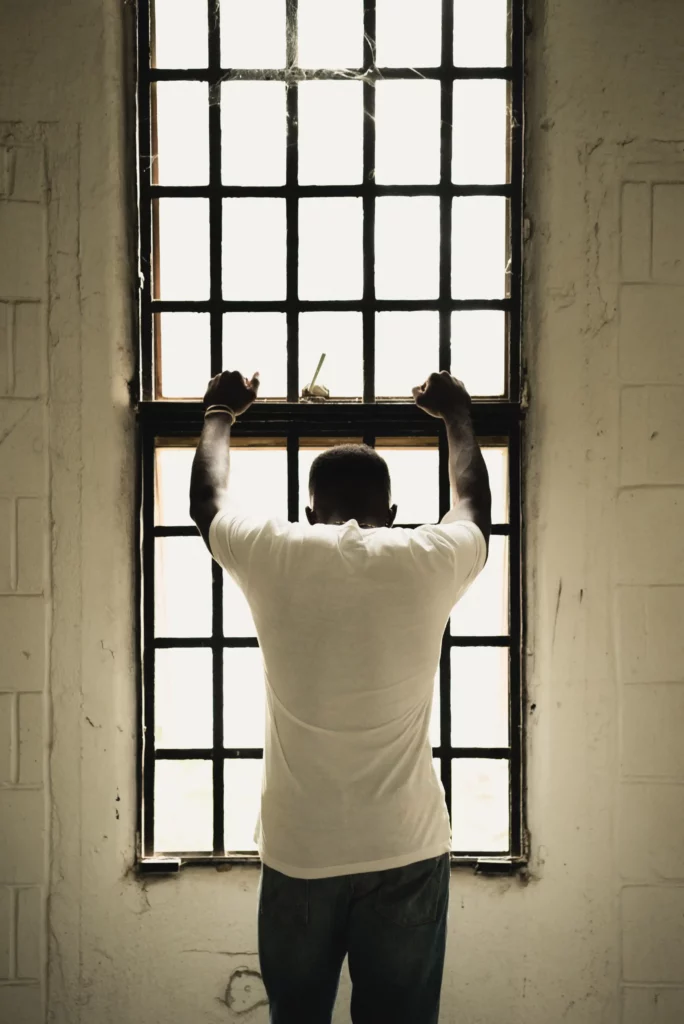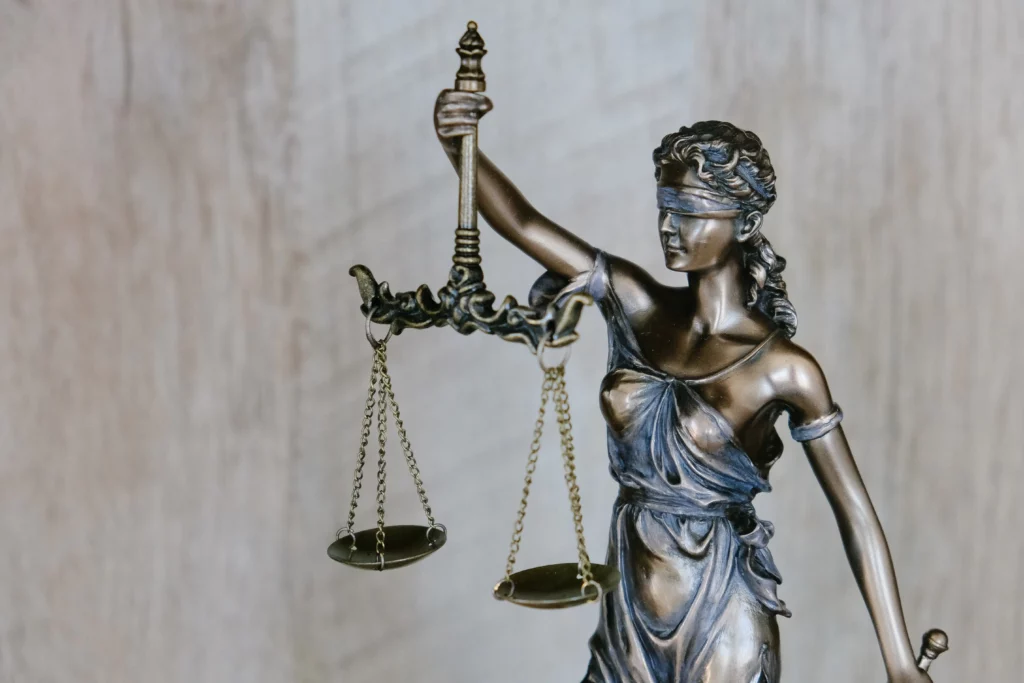Prisoners Rights
Prisoners Right in the UK, Prisoners’ rights are a crucial aspect of the criminal justice system in the UK. While prisoners are serving their sentences, they are still entitled to certain fundamental rights, including access to healthcare, education, and legal representation. These rights are enshrined in law and are intended to protect prisoners from mistreatment and abuse while they are in custody.

What are the prisoners rights
One of the most important rights of prisoners in the UK is the right to be treated with dignity and respect. This means that prisoners should not be subjected to any form of physical or mental abuse, and they should be provided with the basic necessities of life, such as food, water, and shelter. Prisoners should also have access to healthcare services, including mental health services, as well as education and training programs that can help them to reintegrate into society once they are released.
Another important right of prisoners in the UK is the right to legal representation. Prisoners have the right to seek legal advice and representation, and they should be provided with access to the courts and the justice system. This means that prisoners should be able to challenge their convictions and sentences if they believe that their rights have been violated or if there has been a miscarriage of justice.
Prisoners also have the right to communicate with their families and friends while they are in custody. They should be allowed to receive visits from their loved ones, as well as to send and receive letters and phone calls. However, these rights may be restricted in certain circumstances, such as when there is a risk of harm to the prisoner or others.

UK Prisoners Rights
In addition to these basic rights, prisoners in the UK also have certain legal protections. For example, they have the right to make complaints about their treatment and to have those complaints investigated. They also have the right to access information about their legal rights and entitlements, as well as to access religious and spiritual support if they wish.
However, it is important to note that prisoners’ rights are not absolute. In certain circumstances, such as when there is a risk of harm to the prisoner or others, some of these rights may be restricted. Additionally, prisoners who have been convicted of serious crimes may be subject to additional restrictions and security measures.
In conclusion, prisoners in the UK are entitled to certain fundamental rights, including access to healthcare, education, and legal representation. They also have the right to be treated with dignity and respect, and to communicate with their families and friends while they are in custody. While these rights may be restricted in certain circumstances, they are intended to protect prisoners from mistreatment and abuse while they are serving their sentences.
Some good sources for prisoners right:
Human Rights for prisoners
https://www.gov.uk/life-in-prison/prisoner-privileges-and-rights





